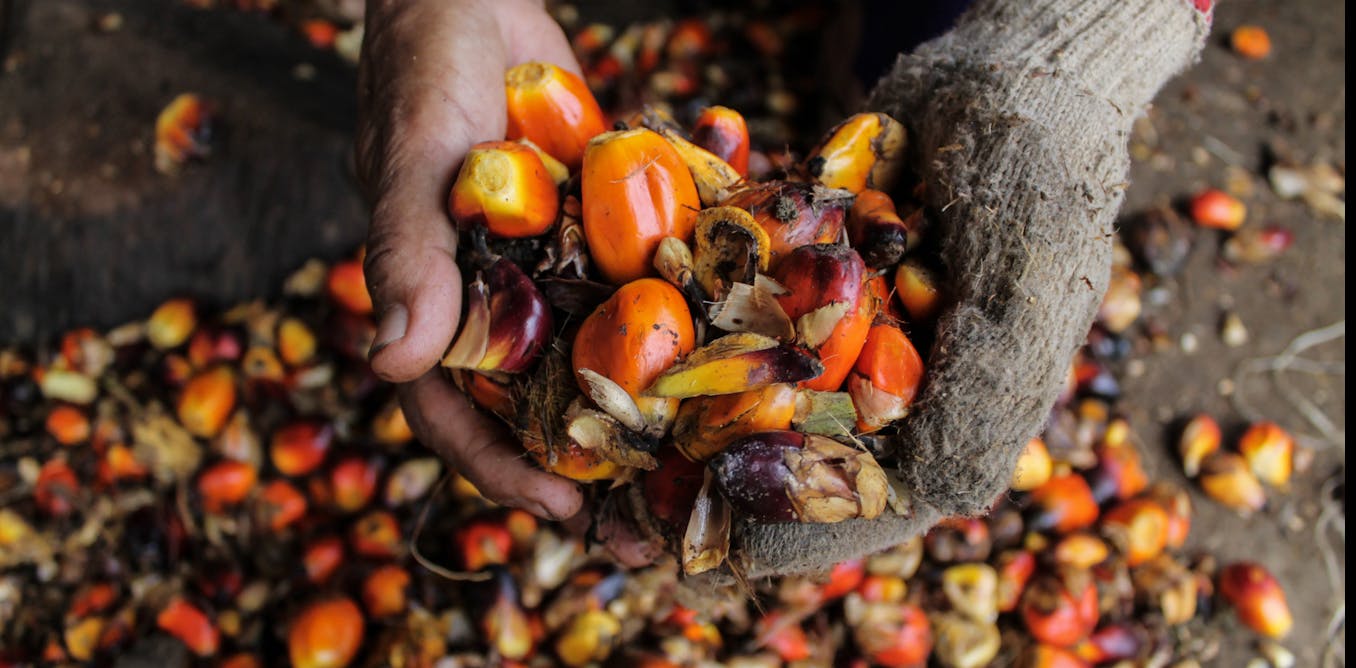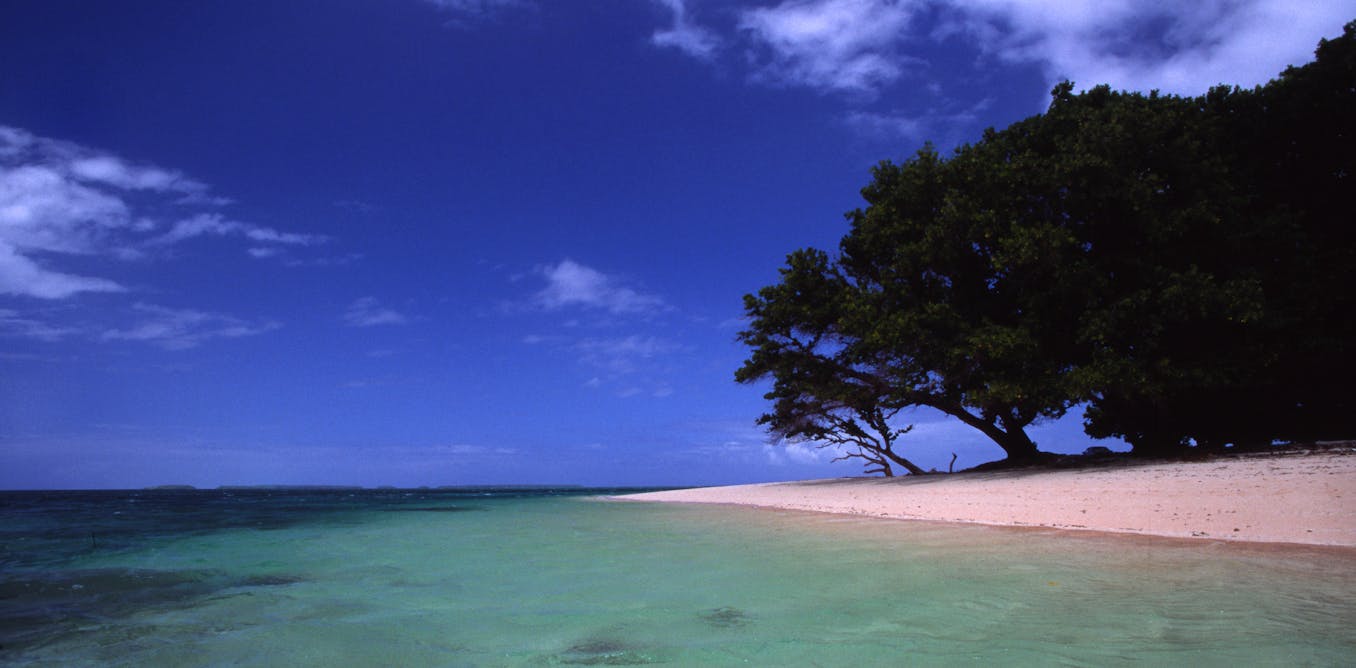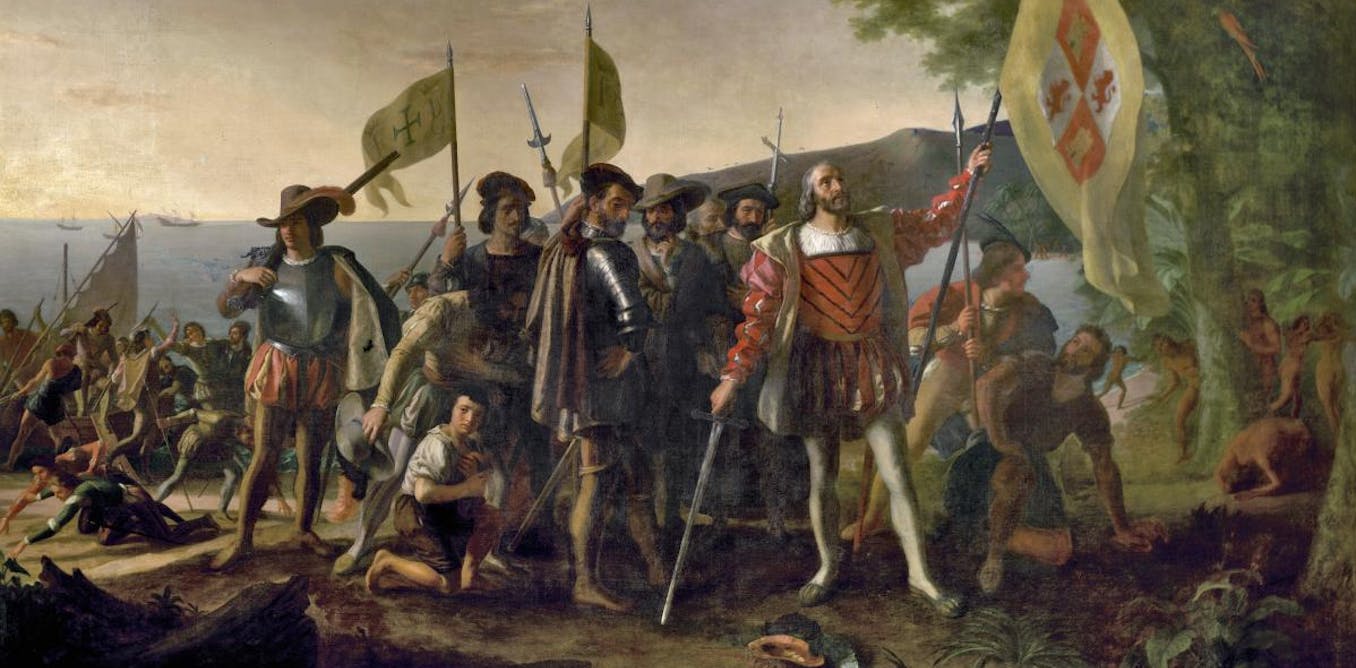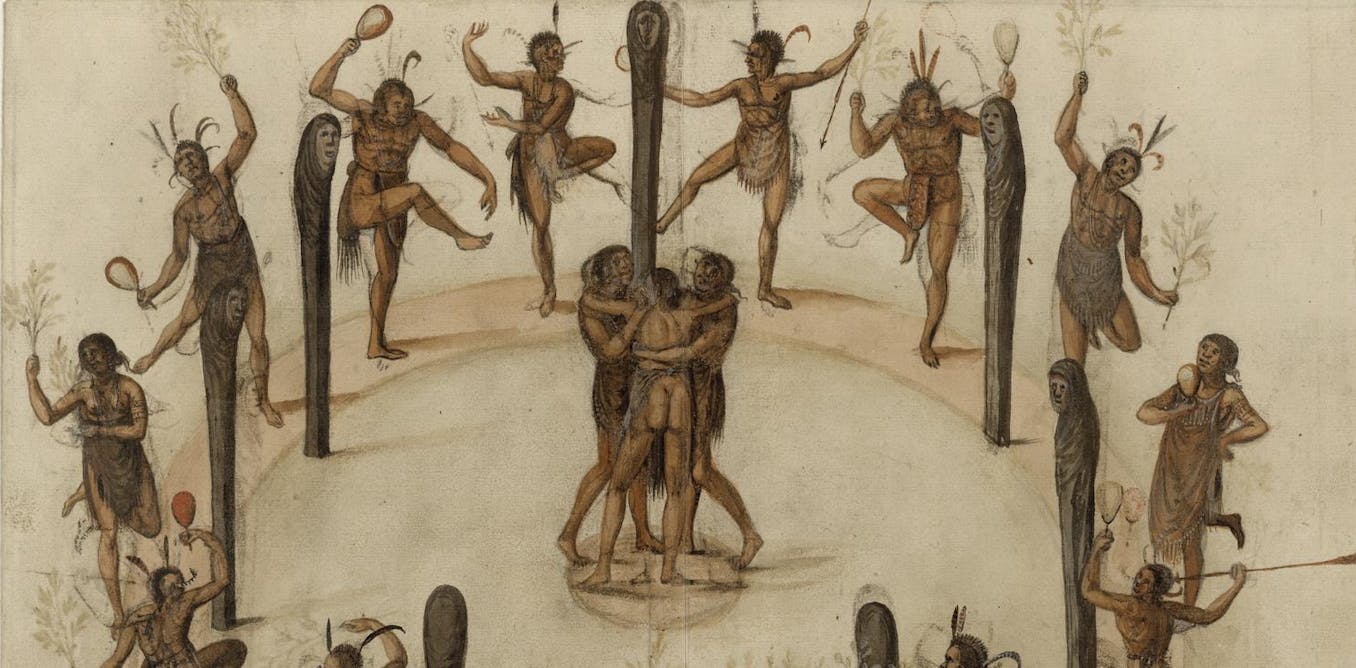How palm oil became the world's most hated, most used fat source
Palm oil is responsible for widespread deforestation and labor abuses, but it's also cheap and incredibly useful. That's why many advocates call for reforming the industry, not replacing it.
June 24, 2021 • ~10 min







